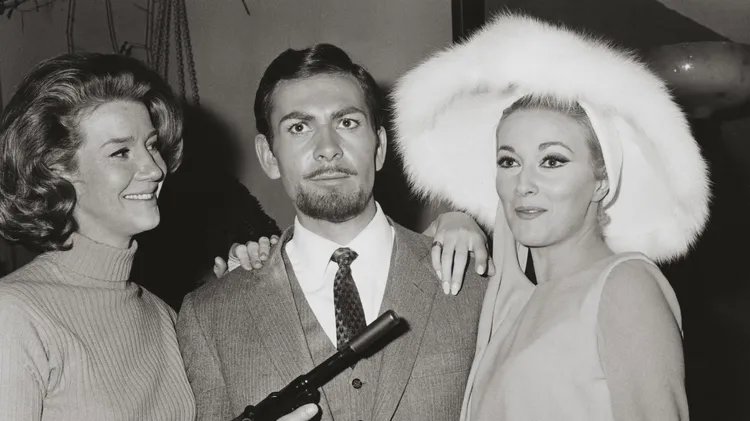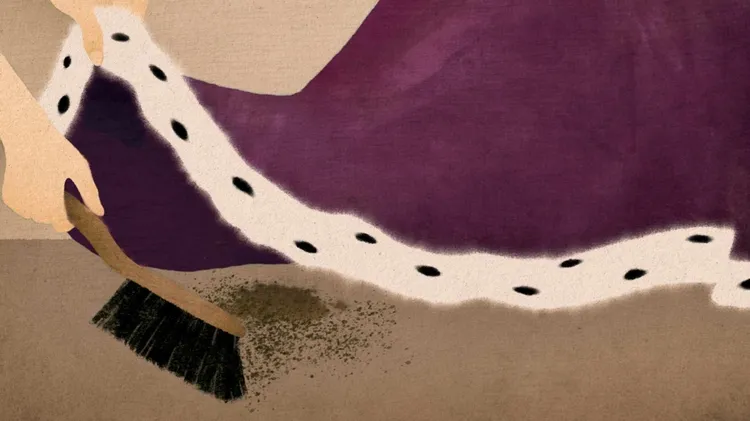Few events in US history have
What if... president john f kennedy hadn’t been assassinated?
4 min read
This article is from...
Read this article and 8000+ more magazines and newspapers on Readly






